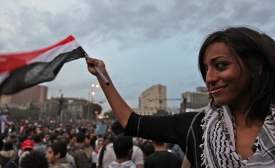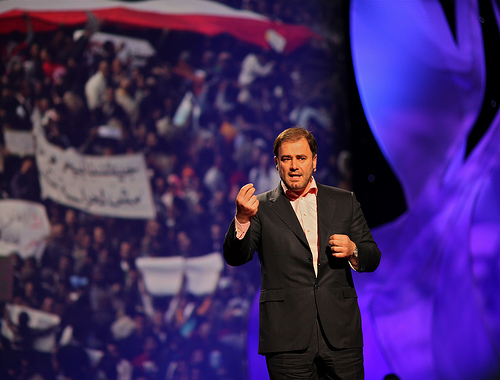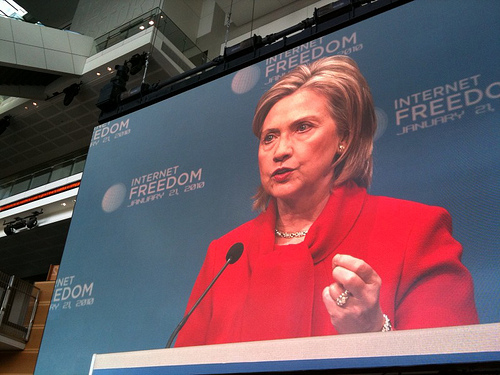public diplomacy
DOHA --- My conversation with two North African friends ranged widely, from the role of satellite television in the Arab world to the prospects for electoral reform in the region. Then we came to how other nations would deal with the new dynamics of Arab politics. One of my friends said, “In the past, diplomacy has been with the leaders, but now it must be with the people.”
 APDS Blogger: Mark Preston
APDS Blogger: Mark Preston
From all the terrible news typically coming out of reports from Israel and the West Bank, a March 15 article from Bloomberg Press, struck a happier note. For advocates of public diplomacy between Israelis and Palestinians, corporate diplomacy could be a key factor in restarting the peace process.

They should appreciate the fact that shutting out those you disagree with is not sustainable.
DOHA --- In past sessions of the Al Jazeera Forum, held each year in the network’s Qatar hometown, reform in the Arab world was discussed with an air of resignation: “Someday…maybe.”
There continues to be an ongoing debate about how to regulate the Internet. This conundrum arises from two questions. Is the Internet a platform for old ideas to be transformed in a new medium, or rather a medium for all-together new paradigms of thought?
The obscure we see eventually. The completely obvious, it seems, takes longer.
-- Edward R. Murrow









